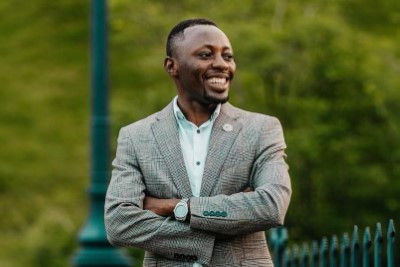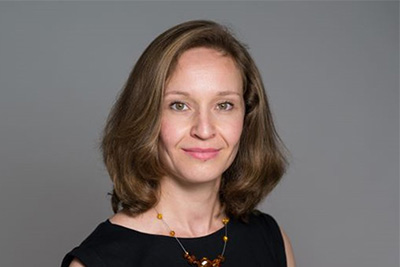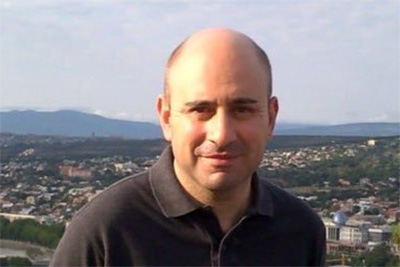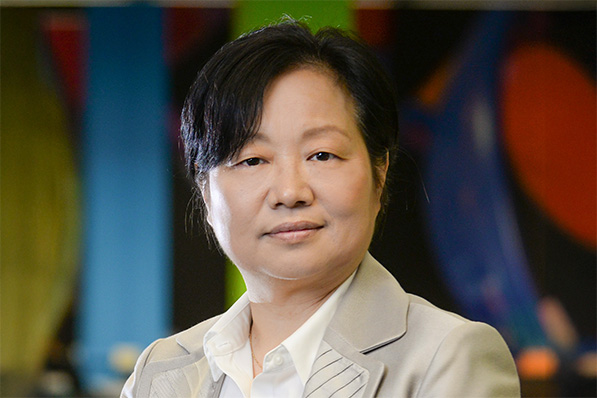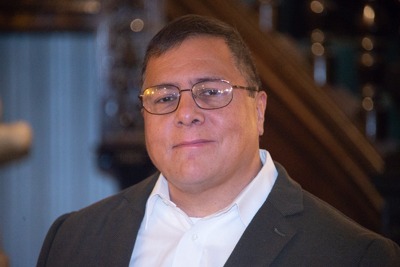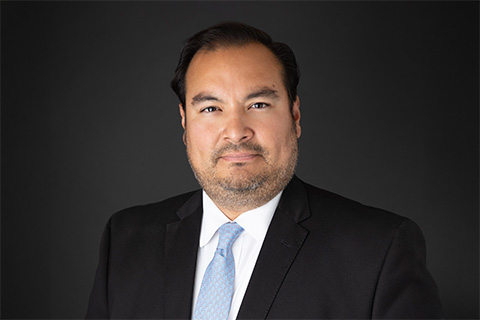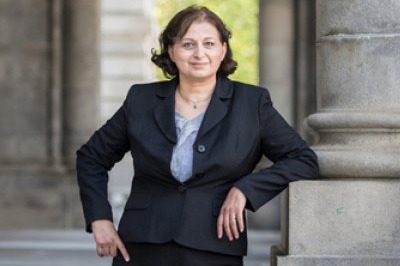Luis E. Montes is a seasoned public affairs and political consultant with over 20 years of experience in state, county, and local government. He currently serves as principal of Long Island Government Relations (LIGR) and as a senior consultant at Strategic Pathways Group (SPG), where he leads the MWBE practice and strategic communications. In these roles, Montes provides strategic guidance and expertise to clients on a wide range of political, policy, and business issues.
Prior to joining LIGR and SPG, Montes served as the principal lobbyist for Suffolk County before the New York State executive branch and the state legislature. In this role, he played a pivotal part in securing approval for the establishment of the Suffolk County Traffic Violations & Parking Bureau, authorizing Suffolk OTB to file for Chapter 9, and introducing 1,000 Video Lottery Terminals to generate over $16 million in recurring revenue. He also led initiatives to expand red light camera installations, raise Suffolk County DMV vehicle registration fees, and implement 50 speed cameras.
Montes’s accomplishments extend beyond the legislative arena. He has led multi-disciplinary teams to implement Executive Order 10-2013 – Language Access Policy, update Title VI (Civil Rights Act) countywide policy, strengthen Suffolk County Human Rights Local law, and implement the Americans with Disabilities Act countywide policy. He also set goals for MWBE participation in county procurement.
Previously, Montes worked as chief of staff to a member of the Speaker’s leadership team in the New York State Assembly for over 10 years. In this capacity, he provided strategic advice and managed day-to-day operations.
With an international background and fluency in English, German, Spanish, and basic Chinese, Montes has also worked as a political consultant on domestic campaigns and in several Latin American countries, including the Dominican Republic, Guatemala, Panama, Honduras, Mexico, Nicaragua, El Salvador, Ecuador, Peru, and Bolivia.
City and State recognized Montes as one of 10 Long Islanders on the rise, citing his leadership in voter engagement, community advocacy, and minority outreach.
Montes received his degree in applied mathematical economics with a concentration in Asian studies from Marquette University. He also lived and studied in Beijing, China, for a year, gaining valuable insights into Chinese culture and language.

